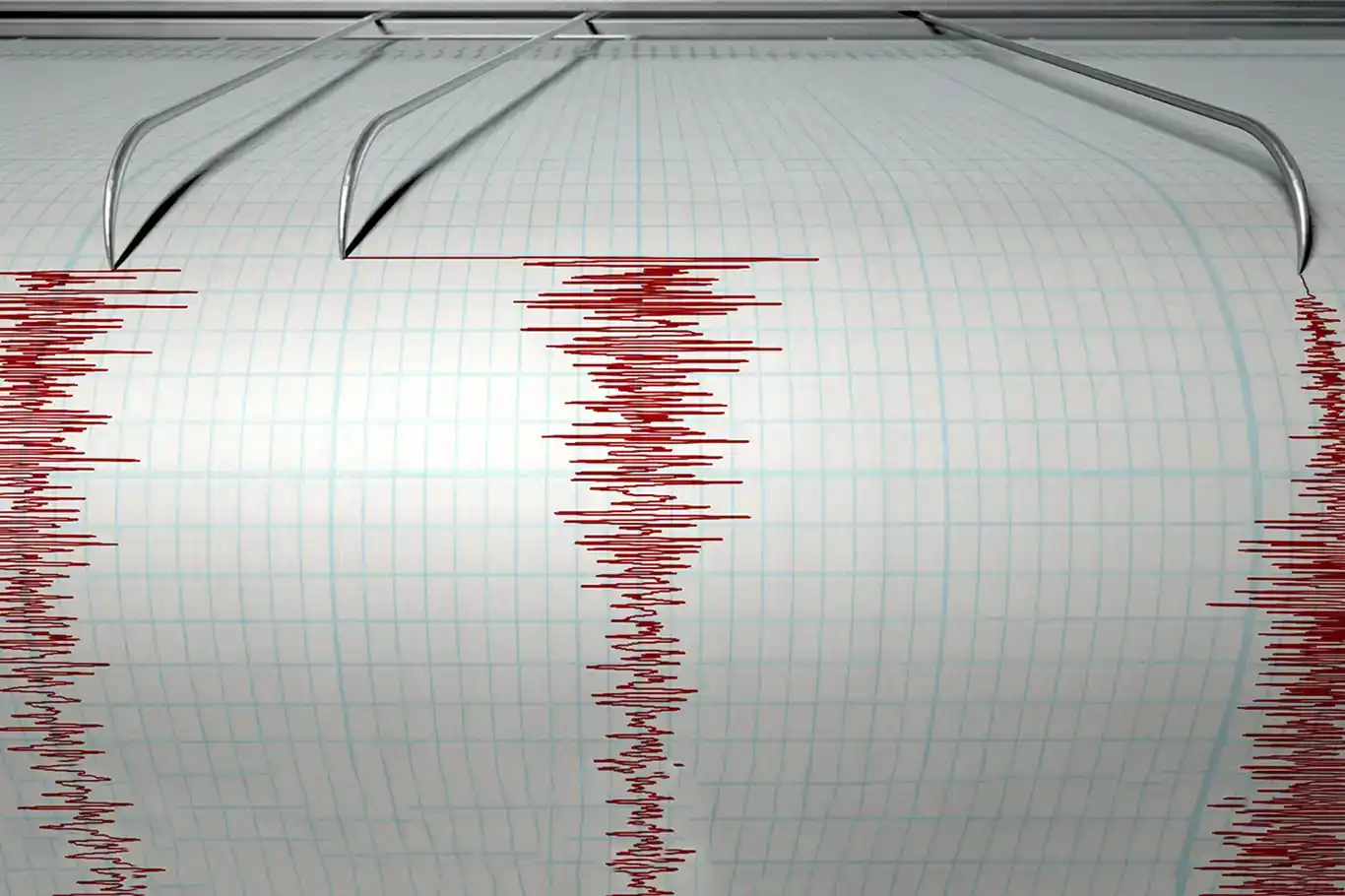Seismologists divided over 6.2-magnitude earthquake’s implications for Istanbul


A 6.2-magnitude earthquake that struck the Istanbul and Marmara Sea region on Wednesday has sparked a heated debate among Turkish seismologists about the potential for a much larger quake in the seismically active area.
Prominent seismologist Professor Naji Görür warned that the recent tremor, centered in the long-dormant central segment of the North Anatolian Fault, could be a precursor to a catastrophic earthquake exceeding 7.2 magnitude. “This is not the major earthquake we’ve been expecting,” Görür said. “The stress on the fault is still accumulating. The real earthquake will be bigger and will exceed 7 magnitude.” He noted that the eastern continuation of the fault, running toward Istanbul, remains under significant strain, bringing the city closer to a major seismic event.
Professor Okan Tüysüz of Istanbul Technical University echoed these concerns, stating that stress transfer since the devastating 7.4-magnitude Izmit earthquake in 1999 has raised the likelihood of a major quake by about 15%. Experts also linked the recent quake to a 5.8-magnitude event in 2019, suggesting a gradual buildup of seismic energy.
However, not all seismologists share this alarm. Professor Şener Üşümezsoy, who accurately predicted the 1999 quake, dismissed fears of an impending disaster, asserting that the recent earthquake released the fault’s accumulated energy. “The expected major earthquake in Marmara is over,” he declared. “From now on, the region will be quiet. Be at peace.” Professor Osman Bektaş similarly downplayed the risk, arguing the fault lacked the energy for a larger quake.
Taking a middle ground, Professor Övgün Ahmet Ercan described the quake’s energy as equivalent to the Hiroshima atomic bomb but maintained it was not the feared “big Istanbul earthquake.” He predicted the major event is unlikely before 2045 to 2065, stating, “We still have time.”
The North Anatolian Fault’s history, including the 1999 Izmit disaster and a 1912 quake in Eastern Thrace, underscores the region’s volatility. The ongoing division among experts highlights the unpredictable nature of seismic activity, leaving Istanbul residents to navigate a delicate balance between preparedness and cautious optimism. (ILKHA)
LEGAL WARNING: All rights of the published news, photos and videos are reserved by İlke Haber Ajansı Basın Yayın San. Trade A.Ş. Under no circumstances can all or part of the news, photos and videos be used without a written contract or subscription.
Ahead of his departure to the NATO Summit in the Netherlands, Turkish President Recep Tayyip Erdoğan addressed the press at Esenboğa Airport in Ankara, emphasizing Türkiye's contributions to NATO and the importance of diplomacy in resolving regional tensions.
Turkish authorities have detained 158 suspects, including high-ranking military officers, in a large-scale counterterrorism operation targeting the Fetullah Terrorist Organization (FETO) across 43 provinces, including Istanbul and Izmir.
Türkiye saw a modest decline in immigration and a steep drop in emigration in 2024, according to the latest figures from the Turkish Statistical Institute (TurkStat).
Türkiye has welcomed reports of a ceasefire agreement between Israel and Iran, calling on both sides to fully adhere to the truce and seize the opportunity to pursue lasting regional peace.